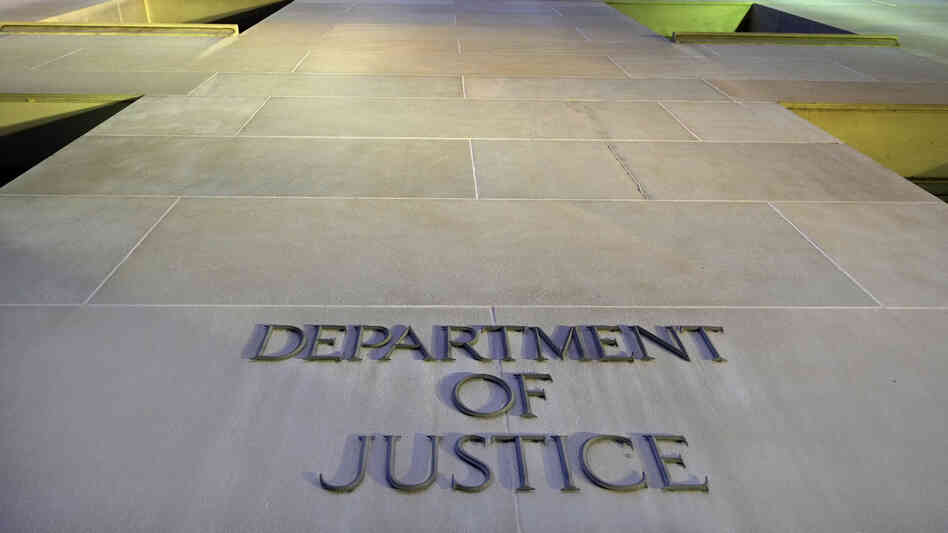Luke Skywalker
Super Moderator
{vb:raw ozzmodz_postquote}:
i i
hide captionThe Department of Justice headquarters building in Washington is photographed in May 2013.
J. David Ake/AP
The Department of Justice headquarters building in Washington is photographed in May 2013.
J. David Ake/AP
The leader of an influential Justice Department office that offers legal advice on surveillance, drones and other issues at the center of security and executive power quietly left government before Christmas.
Virginia Seitz, who won Senate confirmation after an earlier candidate under president Obama foundered, resigned from federal service after two-and-a-half years on the job. The timing is unusual because her unit plays a critical role in drawing the legal boundaries of executive branch action —at a time when President Obama says he will do more to bypass a divided Congress and do more governing by way of executive order.
Seitz is a one-time Rhodes scholar and clerk to the late Supreme Court Justice William Brennan. She declined to be interviewed about her decision. But friends and former colleagues who spoke with NPR cited the grueling pace of the job and the untimely death last year of a close friend. They add she was well liked and left of her own accord even after department leaders tried to persuade her to remain.
Two other sources suggested that aside from the tough work, another issue weighed heavily on her mind over the last several months: the question of whether and when the US can target its own citizens overseas with a weaponized drone or missile attack. American officials are considering such a strike against at least one citizen linked to al Qaeda, the sources said.
A law enforcement source told NPR the controversy over the use of drones against Americans in foreign lands did not play a major role in Seitz's decision to leave government, since the OLC is continuing to do legal analysis on the issue and there was no firm conclusion to which she may have objected or disagreed.
Her predecessors at OLC did sign off earlier in the Obama administration on the policy in a memo that remains secret. Last year, Attorney General Eric Holder acknowledged the U.S. killed radical Yemeni American cleric Anwar al Awlaqi that way in 2011. Three other US citizens including Awlaqi's 16-year-old son were not specifically targeted but instead died as "collateral damage" in drone strikes.
Veterans of the Office of Legal Counsel, when notified of Seitz's departure by NPR last week, expressed surprise at the quiet way her exit was handled. The Justice Department web site says only that the office is being led by a deputy, Caroline Krass, who herself is awaiting confirmation to be top lawyer at the CIA.
For years that Justice Department office played a central, if little acknowledged, role in legal policy. But during the Bush administration, multiple controversies emerged. Harvard law professor and former Justice OLC attorney Jack Goldsmith wrote a book that in part detailed his struggles to bring electronic surveillance programs (known publicly at the time as warrantless wiretapping) in line with the law. And lawyers in that office during the Bush years who signed off on harsh detainee interrogation techniques such as sleep deprivation and waterboarding faced protests and calls for disbarment from legal practice.
By contrast, Seitz mostly stayed outside the headlines during her tenure. The biggest source of criticism came early, when Iowa Republican Senator Charles Grassley blasted her OLC opinion paving the way for controversial White House recess appointments — the practice of installing nominees when the Senate is on break — as "unconvincing" and "at odds with the text of the Constitution and the administration's own previous statements."
The U.S. Supreme Court is now considering that issue.

